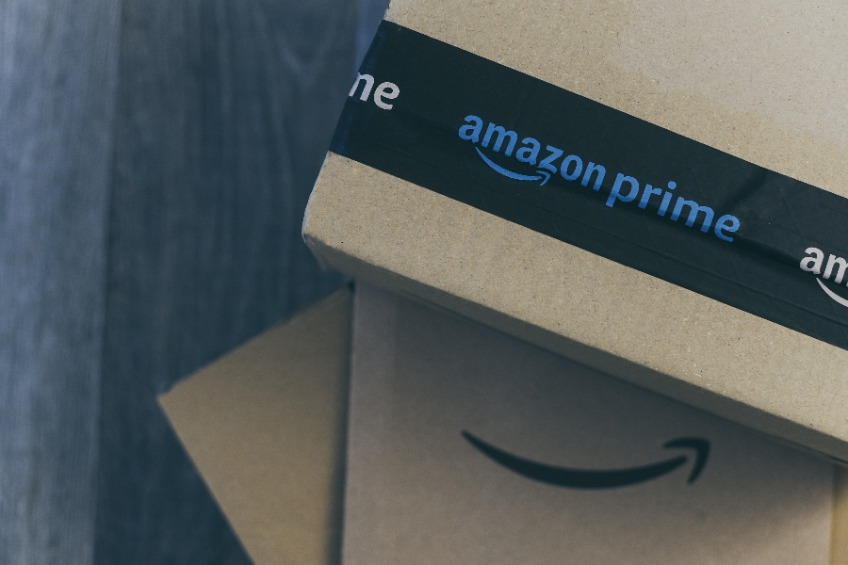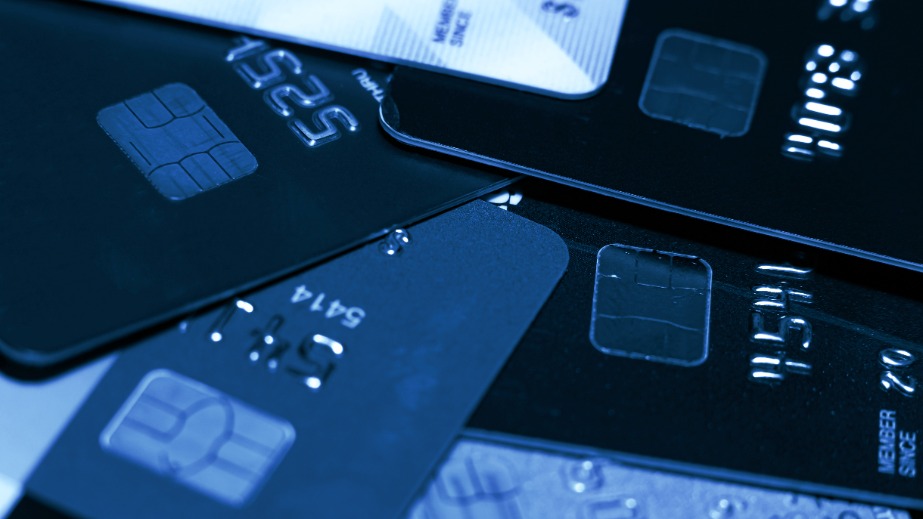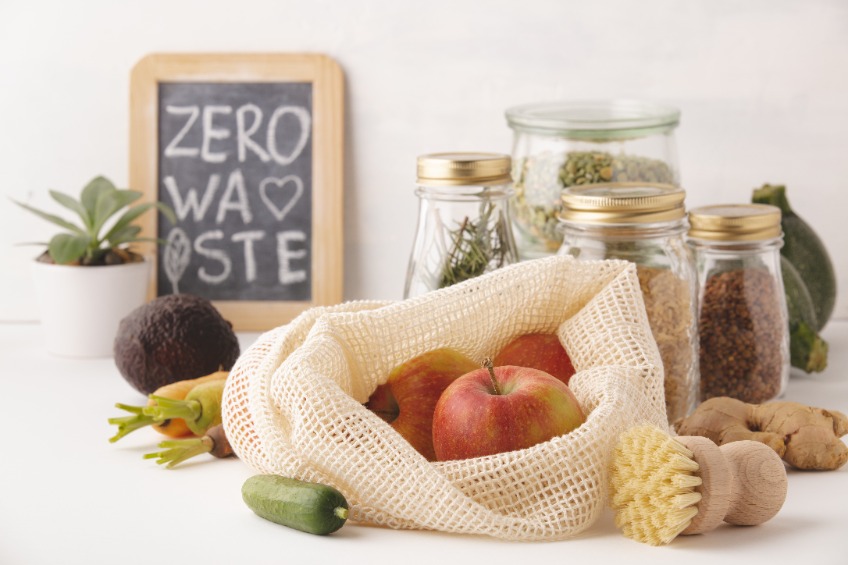Grocery prices soared last year, and my budget took a hit. However, I paid more for groceries not just because of inflation but also because I got lax with my spending. When I added up how much our family of four spent on groceries in 2023, I was shocked. My laziness and lack of awareness had cost our family thousands of extra dollars! I decided to lower my grocery budget by 20 percent this year. Here are the steps I’m taking to do that:
5 Steps I’m Taking to Lower My Grocery Budget in 2024
Meal Prep

I used to meal prep, but in the last few years, I thought I was too busy to do it. Wow, was that a mistake! Starting on January 1, 2024, I began meal prepping again. This time, I invested in cute lunch containers. On Sundays, I make three meals that serve 4 to 6 people. I separate those meals into the containers, and for the next five days, my daughters and I reheat the meals when we’re ready to eat.
By meal prepping, I only have to buy ingredients for three meals, so we’re buying less. Plus, we only eat the same meal twice a week, so the food doesn’t get boring.
Shopping Different Stores
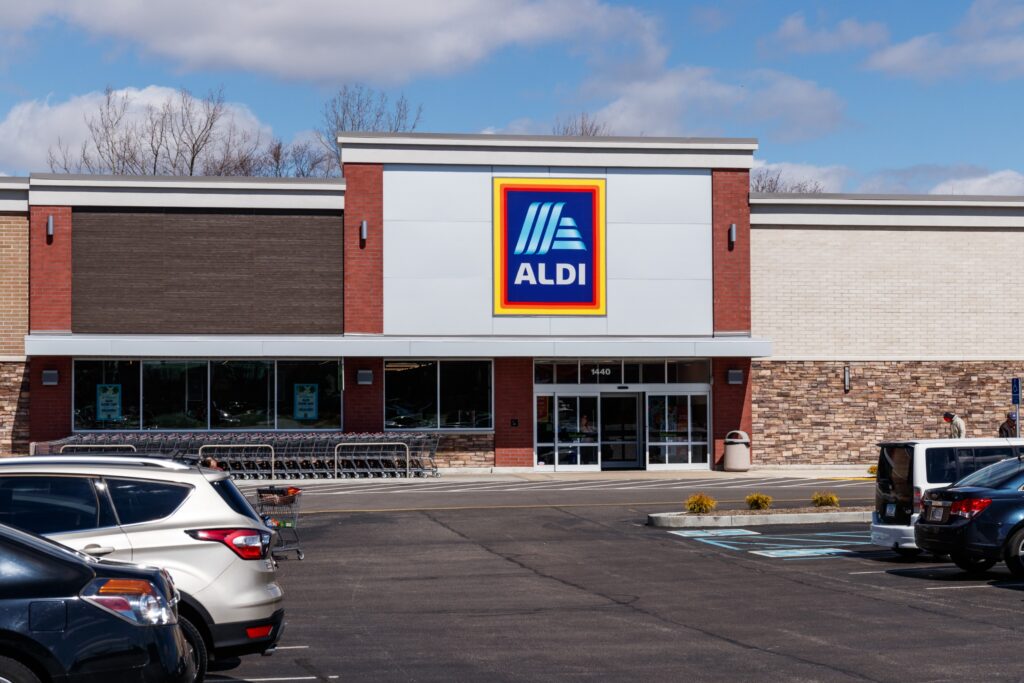
We have food intolerances and can’t eat gluten or dairy, so I shop weekly at Trader Joe’s and Whole Foods for groceries. This year, I’m going to those stores once a month to buy the foods I can’t find anywhere else. The rest of the time, I shop at Walmart or Aldi for our produce.
Joining a CSA
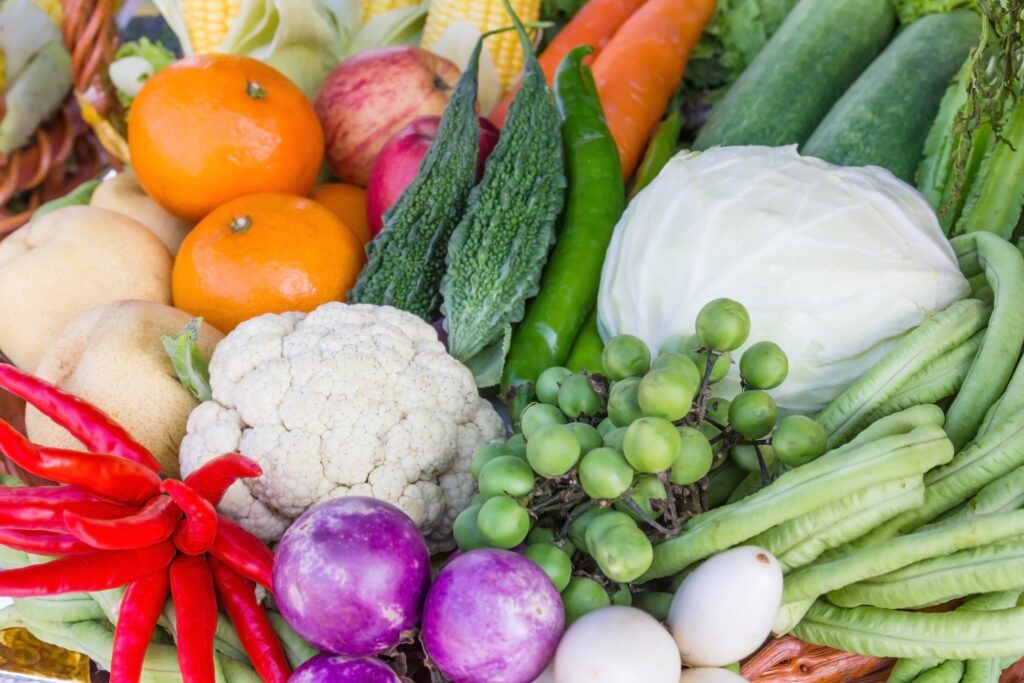
I spent $750 this month to join a CSA. Beginning in early summer and running through 20 weeks, I will get my vegetables from the CSA each week. Most CSAs give you a certain amount of produce and choose what you get. However, this CSA lets you pick which veggies you want, and you can take as much as you and your family can use in a week, so I won’t have to supplement.
Expanding Our Garden

Last year, we had a small garden that gave us fresh lettuce, tomatoes, and beets. This year, we plan to expand it to store some for the winter to reduce our produce costs when the CSA ends.
Ordering ½ Side of Beef
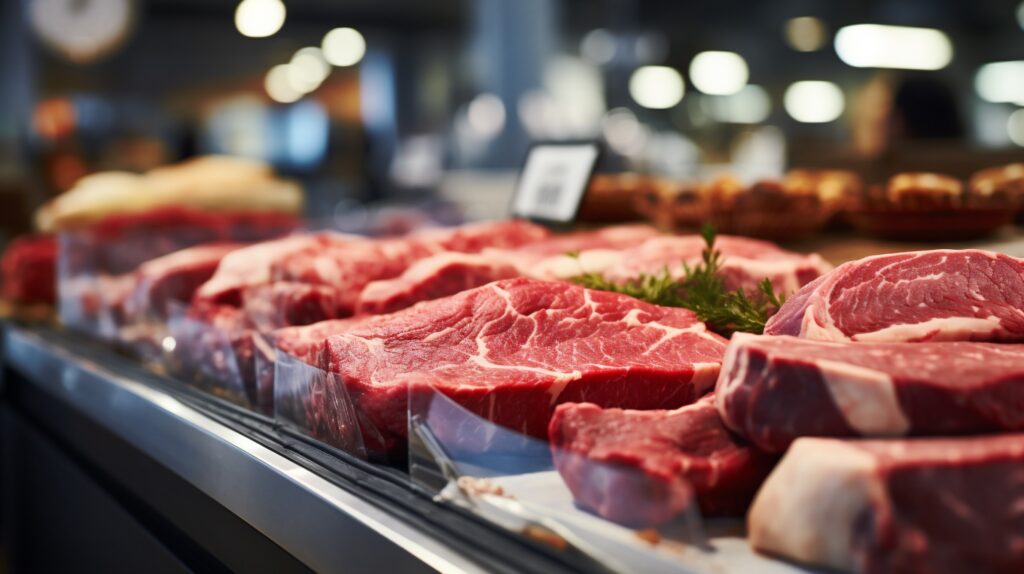
Finally, we ordered a half side of beef at a discount. We will get the meat sent to us every three months, so we don’t need to have room to store the entire ½ side. Instead, we get a quarter of it every three months. This will be our primary meat supply, but we’ll still buy chicken and fish.
Final Thoughts
I’m hoping these steps will help to lower my grocery bill significantly. I plan to keep you updated as the months go on. If I’m successful, our family could save hundreds of dollars to allocate to other needs, such as our college fund for our children.
Read More
Feed a Hungry Teenager without Breaking Your Grocery Budget
The Benefits of Buying Only Necessary Groceries Each Week
Melissa is a writer and virtual assistant. She earned her Master’s from Southern Illinois University, and her Bachelor’s in English from the University of Michigan. When she’s not working, you can find her homeschooling her kids, reading a good book, or cooking. She resides in New York, where she loves the natural beauty of the area.


